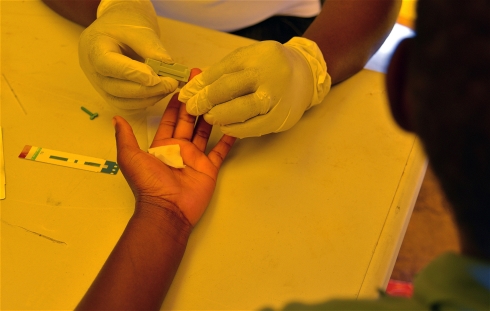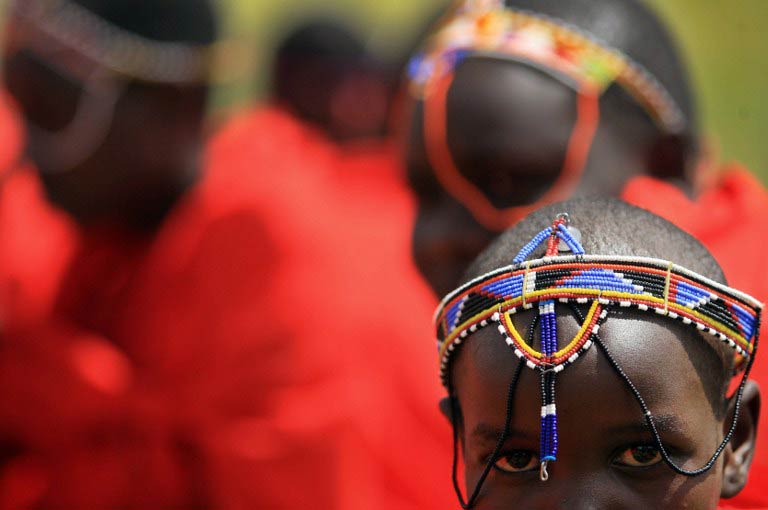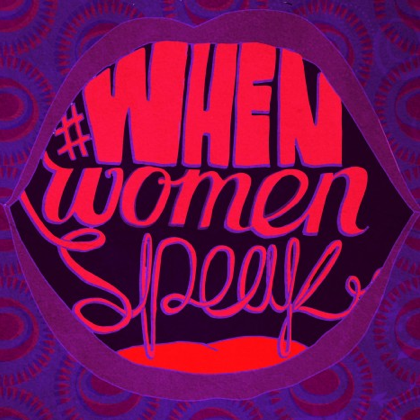Do you have a concubine, a ‘side dish’ or a ‘small house’? In Kenya, now is apparently the time to bring them out so they can be registered officially. Do not be shy, do not hide them. It is time to make the illicit clean and chaste.
It’s been official as of March 20 2014, when a Bill allowing polygamy was passed by our Parliament. If you’re married to a Kenyan man, he can bring home the other woman without your consent – and with the government’s blessings.
One MP, Junet Mohammed, even told her colleagues, “When you marry an African woman she must know the second one is on the way and a third wife..”
But the question is, why?
What do African men need with all these women? What good does it do to the women in the relationship or even the men themselves?
To answer that, I think one must tackle a more important question: What is the point of polygamy? What is the basis for it other than men wanting to have more than one ‘honey’ and a host of different places to sleep at night?
There have been a number of arguments for the role of polygamy within tradition, but none remains as strong as the core one: “It’s our culture”.
As much as we must pay homage to culture, we need to remember it is based on the needs of society and is not static. We must analyse if the reasons for having a particular tradition still hold true.
In the case of polygamy, one can see why the reasons for this practice no longer apply.
Firstly, the economy in Kenya is not what it used to be. The boom that we saw at the beginning of the Kibaki regime has stalled, halted (and some say even reversed) in the past years. The price of food has risen and there is barely enough money going around for people to run one household, let alone two, three or four. Having one household is not a cultural or moral issue; it is just good business sense.
What tends to happen to the average woman in a polygamous relationship is that one household suffers at the expense of another. When one household starts living the good life (cars, expensive schools, holidays etc), funds are diverted from another household. The man benefits regardless of which wife has these ‘perks’, but it’s not an equal arrangement for the women (and children) involved.
On argument that stems from ‘pre-colonial times’ is that polygamy was a way of empire-building. A full house was a powerful house. Children were seen as a source of wealth. However, in this day and age, one need only look at the price of higher education and the children-turned-adults who live with their parents for extended periods of time, sometimes till the ripe old age of 30. Children are not the investment they used to be.
Furthermore, with the rise of absentee fathers in our society, one must question whether men can really be entrusted with the responsibility of parenting children in multiple households when some can barely manage being a father in one. The strange thing is that these very men who are already negligent of their parental responsibilities are the most vocal about wanting multiple households.
Other reasons for polygamy hold equally as little weight:
- It is a form of birth control for women: No, we have the pill now.
- For political alliances: Now you can merely join your local political party. They will handle the alliances on your behalf. Or you can run for office yourself.
- Agricultural manpower: Children helped farm the earth for food. Well, try going to your local supermarket today with more than two family members and then explain this to me as a justification for polygamy.
- For male sexual gratification: Now this one is a good one. The world has gone through waves of sexual revolutions and women are no longer passive participants in sex. The statistics are that a large majority of heterosexual women have never had an orgasm. Handle one woman first, then we can talk.
And if we are going to have polygamy then why can we not have polyandry? If men can be seen to run more than one household then, in the spirit of gender equality, should the same courtesy not be extended to women? Give the average woman an Excel spreadsheet, a car with fuel and some stretching exercises to keep limber and in top shape and watch her show you what running more than one household is about.
A great number of households already suffer from a chronic case of absentee fathers and ‘men-missing-till-midnight’ syndrome. Should we really then institutionalise a practice that is already being somewhat abused? Or could this law possibly strengthen the entire sordid situation by giving women and children who remain in vulnerable situations legal rights?
Could this law possibly be a case of ‘if you can’t beat them, register them’?
I believe there are many men who do not understand the emotional, financial and social responsibilities that come with polygamy. We need to figure out why exactly polygamy is so important outside of being ‘part of tradition’. And if we cannot answer this question then we should not be engaging in polygamy.








